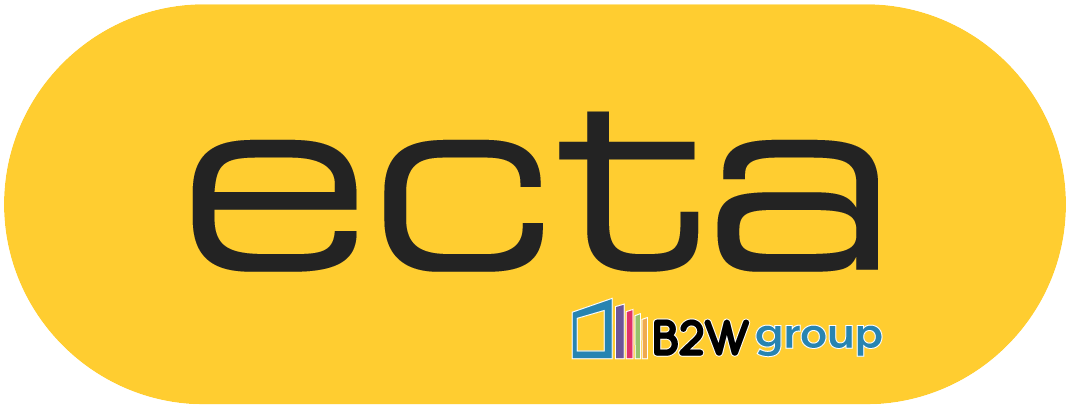With the new UK Gas Industry Decade Review now available for all experts to see, there is a lot to consider for upcoming years. Many areas in the industry have been assessed by a wide range of professionals to provide opinions on what needs changing and what is doing well. Here, we give you a breakdown of the overall review.
First Item in the UK Gas Industry Decade Review: Safety
Most who have taken part in the Decade Review believe the gas industry to be safer than ever. This is due to increased gas safety awareness, better use of CO alarms, and better-quality appliances. There is more focus on engineer training and assessment, as well as better enforced regulation. However, there are still concerns that training and installation standards are falling. This could have a negative impact on safety.
The Marketplace
Those who believe the industry to be less safe, say this is due to customers trying to save money. They do this by getting their gas work done on the cheap. Many engineers believe increased competition is putting pressure on prices. This may also be closely linked to another primary concern of many gas engineers: illegal gas fitters.
Stakeholders are also facing competition challenges within the industry, along with the pressure from increasing customer demand. This includes manufacturers, building contractors, training organisations and energy supply companies.
Training, skills and Competence
There still seems to be a divide in terms of training and competence. There is widespread perception that training standards are falling. It appears that many engineers and other industry organisations are concerned about the Nationally Accredited Certification Scheme.
Larger companies believe that the limitations in recruiting competent and experienced engineers are due to lack of training. For smaller businesses, the combination of training costs and days spent on training and assessment is seen as problematic. However, training bodies themselves believe that this training is thorough. They do, of course, acknowledge that come inadequate training paths and/or providers are producing less-competent engineers.
Registration
In order to legally work on gas in the UK, gas engineers must be registers with Gas Safe Register. Many engineers believe Gas Safe Register to be doing well. This is for a number of reasons, including their increased focus on combating illegal gas work. They also focus on improved policing, better communications, and the provision of safety and technical information. Stakeholders within the industry are also quite happy with the quality of Gas Safe Register’s employees.
In terms of criticism, this mostly focuses on Gas Safe Register’s risk-based inspection process. Many engineers desire more personal contact with the Register. This could be done through the likes of an ‘area manager’ or more inspections. Gas Safe Register has frozen registration costs in the past 8 years. However, engineers must be individually registered. Larger organisations that train and monitor their own engineers feel they contribute the most but gain the least.
Many businesses express some frustration that they are subsidising less competent and even illegal installers. This is because the registration fees help to fund Gas Safe Register’s investigations and inspections. However, they are also aware of the importance of this area focus. After all, the purpose of this function is to protect the public from unsafe gas work.
On average, a quarter of registered gas engineers are interested in broadening the remit of the registration body to include responsibility for training and competence. By restricting the sale of gas appliances to registered engineers, the responses are then dominated to areas where they’d like Gas Safe Register to become involved. However, it is important to note that each of these areas is outside of the control of both Gas Safe Register and the Health and Safety Executive (HSE).
Industry Leadership
Many Decade Review participants have seen improvements of the gas industry, yet they also believe it to be fragmented. A continuous theme is the lack of industry leadership. This comes from a sector made up of many organisations with similar roles and overlapping objectives. There’s a strong need for better leadership and clarity on given roles. The industry also has many sole traders who don’t feel represented.
Engineers believe Gas Safe Register and manufacturers have the most influence in the industry. They want to see Gas Safe Register take a leadership role on their behalf. Stakeholders are also likely to mention HSE, even with a limited contract with the organisation.
Moving Forward
The gas safety industry is considered to be robust. However, the standard of engineer competence and training expects to see challenges. We are faced with a combination of an ageing engineer work force and the emergence of short courses to quick-start careers. As a result, many doubt the future impact on safety and quality standards.
Engineers and stakeholders believe that improved training and re-assessment is the most important thing needed to meet their future needs. This includes raising standards, bringing in new engineers and helping engineers learn and adapt to any changes. Engineer training and competence will remain a priority.
Some believe we will see less of natural gas as new and combined fuels gain popularity. Many stakeholders think the government must take the lead on energy policy. However, only a minority believe that Brexit or other political changes are likely to cause a stir in the next decade.
Staying Experienced with ECTA
No matter what changes are set to come our way, it is of high importance that you remain educated in your field. At ECTA, our range of gas engineering courses is a great paths for keeping your business up to date. We are also here to guide many individuals who wish for a new career path. To learn more about the range of courses we offer, get in touch.
